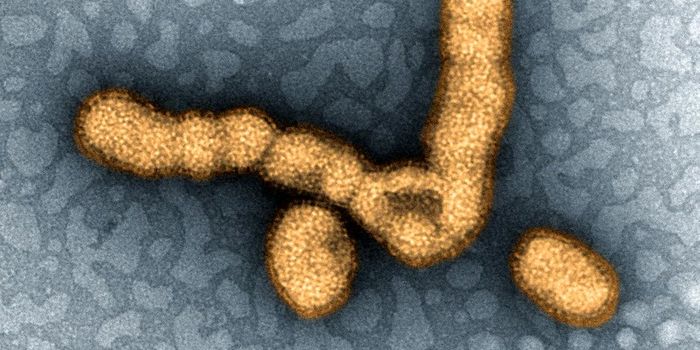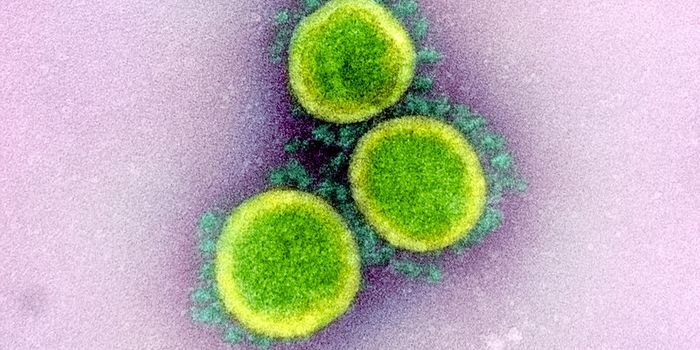Microbes Orchestrate Gut Gene Expression
The microbes in our gut have a significant impact on many aspects of our health. New research has indicated that bacteria in the gastrointestinal tract can affect the activation of gut genes. Gene expression that is mediated by gut bacteria may also remodel the cells in the gut lining so the cells work more efficiently. The findings have been reported in Cellular and Molecular Gastroenterology and Hepatology.
In this study, the researchers compared the differences between normal mice and germ-free mice, which don't carry gut microbes. These mice were either fed normal mouse chow or a high-fat diet. The researchers then focused on intestinal epithelial cells, sequencing the RNA in those cells, which reveals the active genes. Lipidomic tools were used to analyze the fats in the cells.
While germ-free mice could metabolize fatty acids, they did so in a way that used very different genes than mice with a microbiome. The activity of genes related to fatty acid oxidation, which burns fatty acid for cellular fuel, increased in germ-free mice. This gene activity appears to impact the function of epithelial cells in the gut as well.
"We were surprised to find that the gene playbook that the gut epithelium uses to respond to dietary fat is different depending on whether or not microbes are there," said John Rawls, Ph.D., a professor of molecular genomics and microbiology at Duke University.
The gut has to break down food and absorb nutrients to provide energy for our bodies, "but the gut has to eat too," Rawls said. The researchers suggested that in the germ-free mice, the gut consumes more fat "than it would if the microbes were there."
This research also confirmed other studies that have shown gut microbes can aid in fat absorption in the gut. Other recent work has suggested that the "larger architecture of the intestine" and gene expression in the gut can change, though scientists are still learning more about how that happens, said first study author Colin Lickwar, Ph.D., a researcher in the Rawls lab.
This study revealed that a transcription factor, a molecule that impacts the expression of other genes, called HNF4-Alpha seems to integrate molecular signals in the intestine. HNF4-Alpha can respond to microbes, and is involved in the regulation of lipid metabolism genes.
"For every way that germ-free animals seem unusual, that teaches us something about the large impact of the microbiome on what we consider to be 'normal' animal biology," Rawls said.
Sources: Duke University, Cellular and Molecular Gastroenterology and Hepatology









